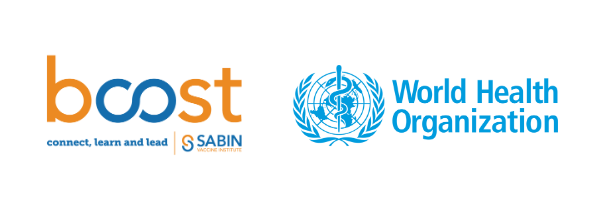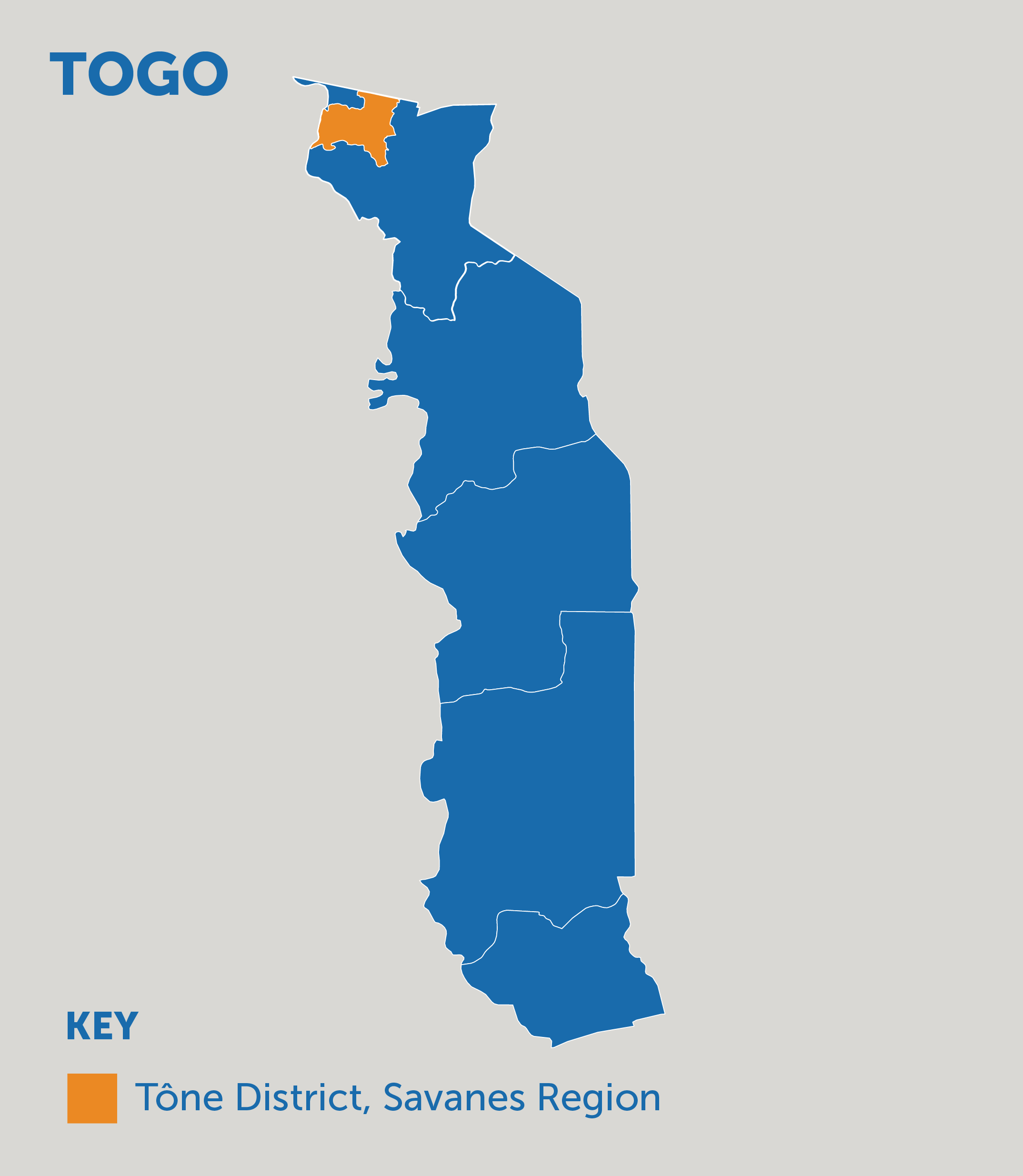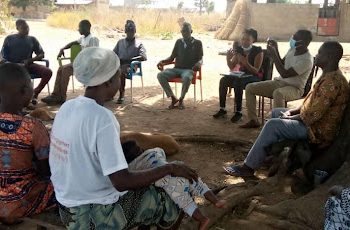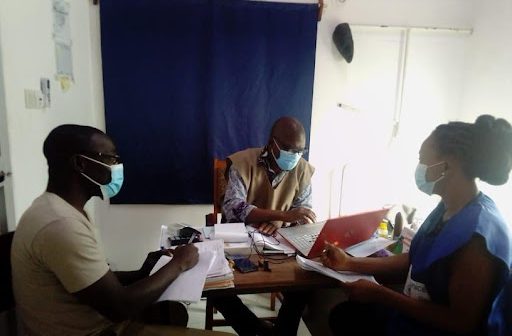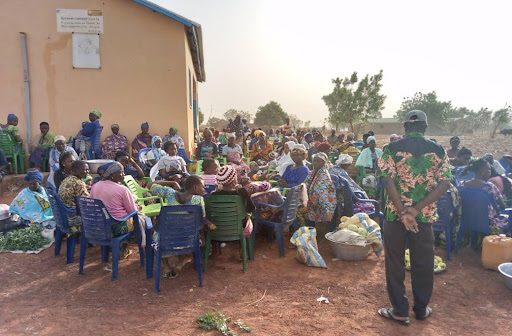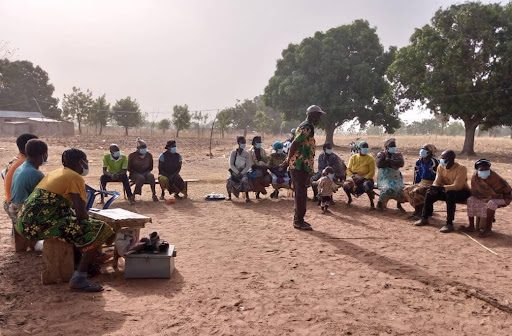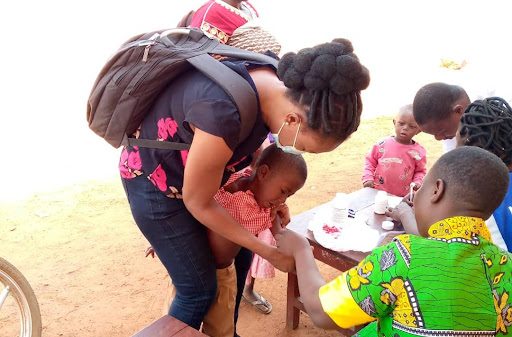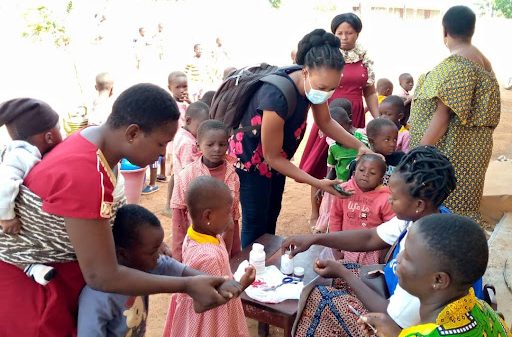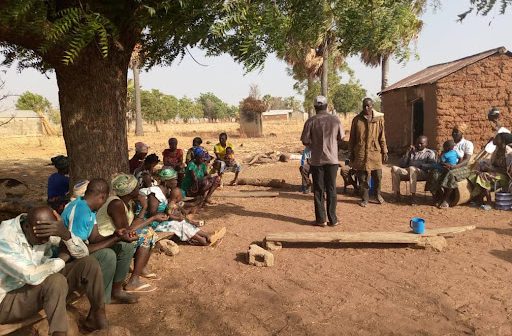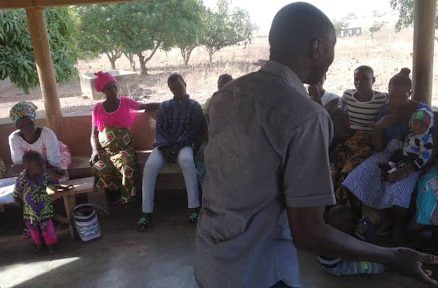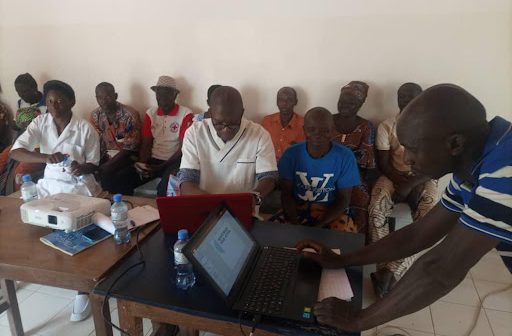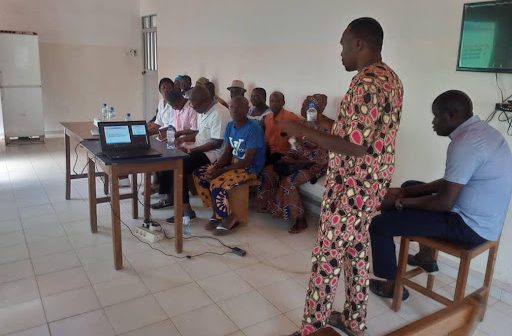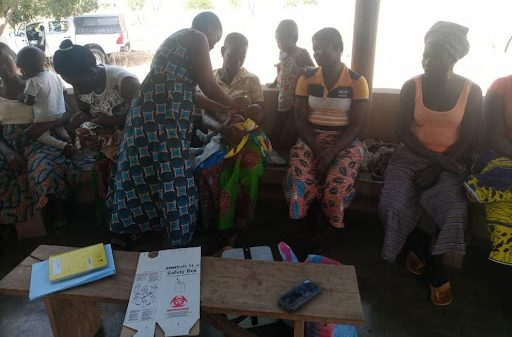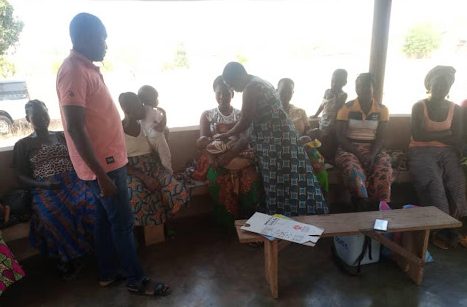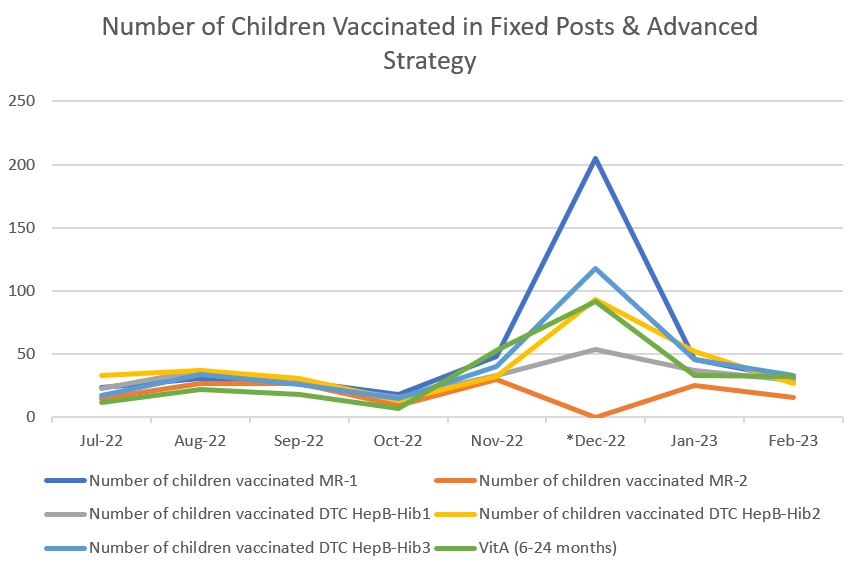Listening to Local Voices to Improve Catch Up Vaccination in Togo
In May 2022, Sabin’s Boost Community and the World Health Organization (WHO) launched the first cohort of the "COVID-19 Recovery for Routine Immunization Programs Fellowship". The aim of this program was to strengthen the capacity of national and sub-national immunization professionals to plan and implement immunization programming during the COVID-19 recovery period, with the ultimate goal of reversing the declining rates of immunization coverage. After an intensive live engagement series, Fellows were tasked with drafting their own strategic proposal for implementation or case study for publication. This series of Bright Spots that shares Fellows' key learnings and takeaways from the program.
Bamazi Karouwe Essohanam joined the 2022 COVID-19 Recovery for Routine Immunization Programs Fellowship with the goal of reducing the number of zero-dose children by 10% at the Dalwak Medico-Social Center in the Tône District, Savanes region of Togo. The Fellowship, offered by the Sabin Vaccine Institute’s Boost Community and World Health Organization (WHO), provided an opportunity to strengthen the capacity of immunization professionals, like Bamazi, to recover and bolster immunization programs in their countries.
Bamazi said, “I felt it was a great opportunity to strengthen my skills to better guide the vaccination strategies wiped out by COVID-19.”
Utilizing Focus Groups for Collaboration
Through the live training sessions of the Fellowship, Bamazi was able to improve her skills and align her strategies to focus on bringing vaccination services to vulnerable groups and searching for zero-dose populations. Bamazi and her team analyzed Dalwak Medico-Social Center’s vaccination coverage and saw that it had plummeted since the COVID-19 pandemic, when it was taken over as a COVID-19 care center. As a result, Bamazi and her team decided to conduct focus groups in local villages with members of the community and healthcare providers, guided by the support of the village chiefs, in order to understand the potential causes of this issue. Bamazi said, “The focus groups allowed for renewed collaboration between community and providers and a real commitment to vaccination.”
From there, the team met with health authorities to collect information on vaccination. They worked to raise awareness of the importance of vaccination among health workers and the community, as well as address the false rumors related to vaccination circulating in communities. Bamazi and her team succeeded in their social mobilization efforts with the help of health providers and community leaders in markets, schools, and public places. She praised the aid of community leaders in the planning and execution of vaccination activities which helped to bolster community engagement. However, throughout the process of implementation, Bamazi and her team had to adjust strategy at times due to overlapping priorities. For example, they began with a community-based search for unvaccinated children, but this required a lot of time and resources for team members to do house-to-house searches. Additionally, some community members were mobile and searching for work, so they were away from their homes. Bamzai’s team readjusted to this reality and switched to searching by health center vaccination records.
“The focus groups allowed for renewed collaboration between community and providers and a real commitment to vaccination.”
Tailored Vaccination Strategies
Bamazi and her team created two vaccination strategies: a fixed strategy in which there is a post where parents can bring their children to get vaccinated and an advanced strategy in which a team is formed to go into the community, mobilize the population to get vaccinated, and administer vaccines to children. As part of their advanced vaccination strategy, Bamazi’s team took advantage of the national measles and rubella vaccination campaign in December 2022 to vaccinate missed children in Dalwak. Bamazi said, “Bringing vaccination services closer to the population through the implementation of advanced strategies reduces inequities and increases supply and demand.”
Through these efforts, between July 2022 and February 2023, 1,105 children were vaccinated in fixed posts in Dalwak, and an additional 3,482 children were vaccinated through the advanced strategies Bamazi and her team implemented.

Contributor & 2022 Fellow
Bamazi Karouwe Essohanam holds a bachelor's degree in public health and a master's degree in epidemiology. She is currently studying for a master's degree in international cooperation and humanitarian aid. She has worked in both the private sector as well as in different health districts and regions in her home country of Togo and has produced 3 abstracts on her scientific research.
